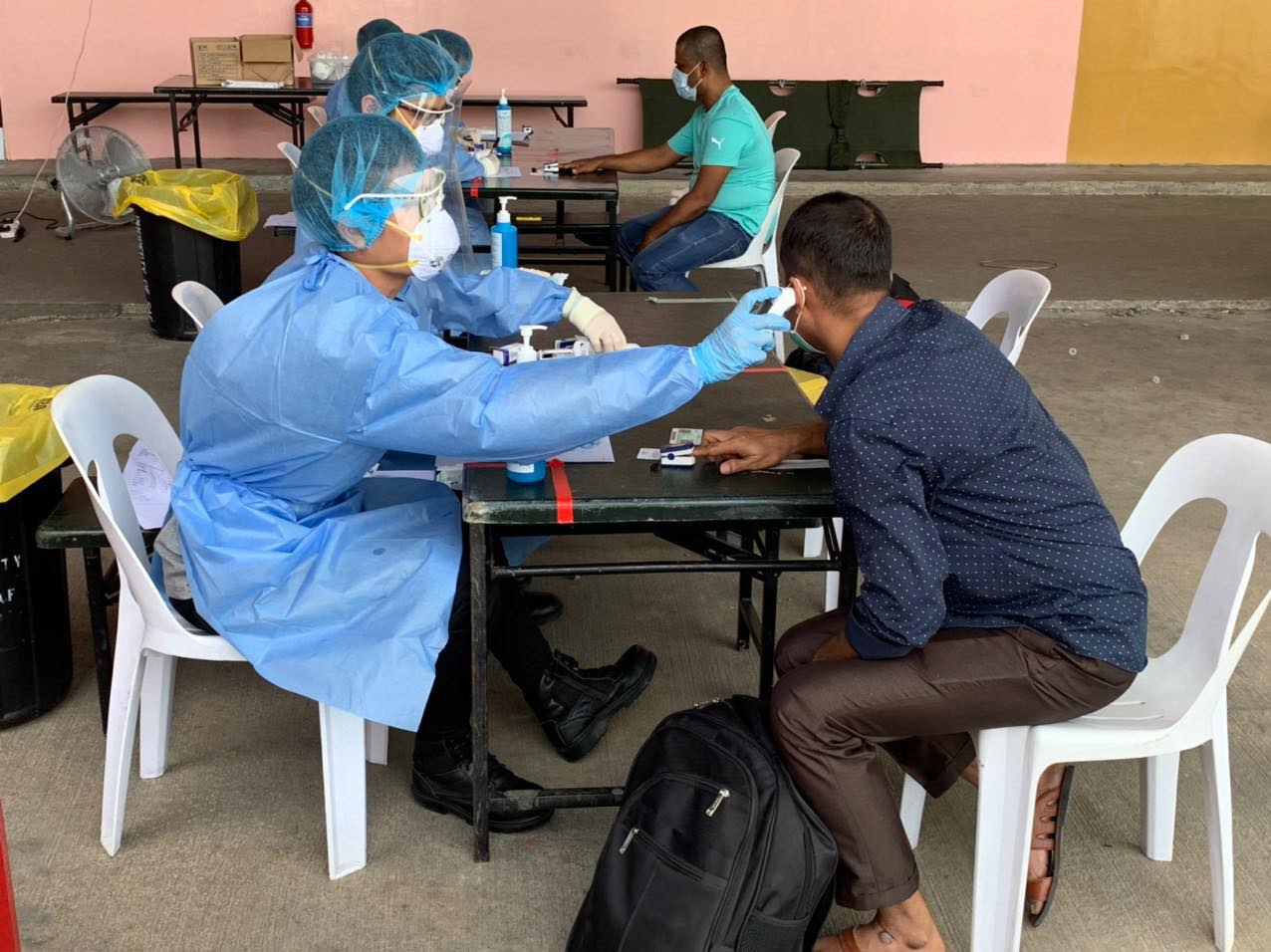MONTREAL, CANADA — Sporting giant Nike and mining company Dynasty Gold are being investigated in Canada over allegations they used forced labour from China’s Uyghur minority, a Canadian watchdog announced Tuesday.
The companies are both “alleged to have or have had supply chains or operations in the People’s Republic of China identified as using or benefitting from the use of Uyghur forced labour,” a statement from the Canadian Ombudsperson for Responsible Enterprise said.
The investigations were announced after a coalition of 28 civil society organizations filed several complaints in June last year about the overseas activities of the two Canadian companies, according to the statement.
Nike Canada is suspected of having “supply relationships with Chinese companies identified as using or benefitting from the use of Uyghur forced labour. Nike maintains that they no longer have ties with these companies and provided information on their due diligence practices,” the statement said.
The second investigation targeting Dynasty Gold alleges that the company “benefited from the use of Uyghur forced labour at a mine in China in which Dynasty Gold holds a majority interest.
“Dynasty Gold’s response to the complaint is that it does not have operational control over the mine and that these allegations arose after it left the region,” the statement continued.
Rights groups say more than one million Uyghurs and other mostly Muslim minorities have been held in re-education camps in China’s western Xinjiang region, with a slew of abuses that include forced labour.
Lawmakers in Western nations, including Canada, have called the crackdown in Xinjiang a “genocide,” and the UN High Commissioner for Human Rights has referred to the treatment of Uyghurs as crimes against humanity.
Beijing denies the accusations, describing the facilities as vocational centres designed to curb extremism.
In April, the French justice system closed a preliminary investigation into clothing giants such as Uniqlo and Zara owner Inditex, accused by associations of having profited from the forced labour of Uyghurs in China.
A new complaint was filed in May.
— AFP







